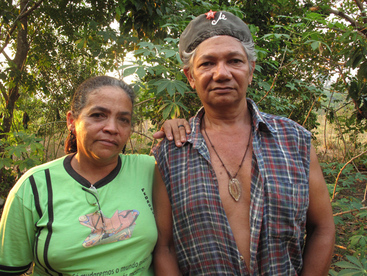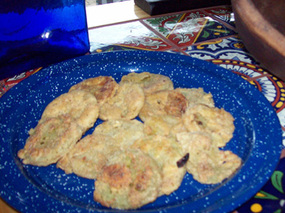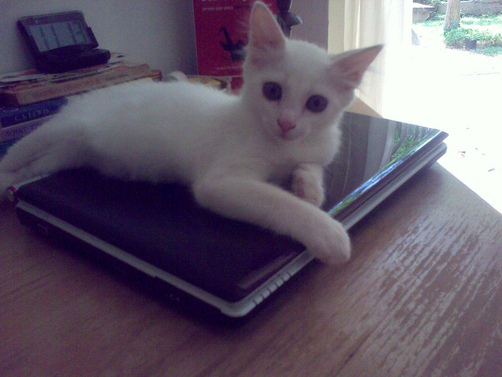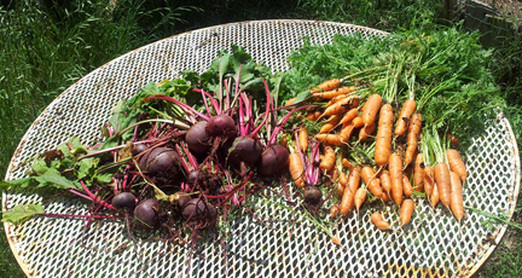
Watching this important film, which is a tribute to an ecosystem and two people who died protecting it, was worth every second I spent watching and thinking about it - and then every second playing it over in my head afterward. People who read and/or are tuned in to environmental activism know about the struggle going on in the Amazon, but little do we know about the personal stories of those who live there. I wanted to include it here, but it's a lot of bandwidth for my little blog. It's free online on youtube here, and also at Top Documentary Films - so please watch when you have the time. You will honor them by watching. (Two 30-minute segments)








 RSS Feed
RSS Feed